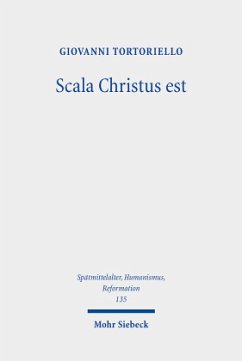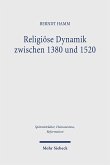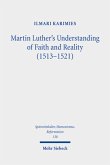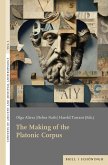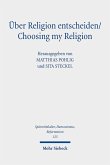Since the nineteenth century, scholars have debated the controversial relationships between humanism, the Renaissance and the Reformation. Challenging the dominant narrative on the subject, Giovanni Tortoriello reconstructs the debates that characterized the early Reformation movements. He shows that Martin Luther's theology of the cross developed in reaction to the irenic tendencies of the Renaissance. With the spread of Platonism, Hermeticism, and Kabbalah in the fifteenth century, the identity of Christianity shifted and the boundaries between the different religions thinned. In response to this attempt to minimize the differences among the various religions, Luther reiterated the centrality and uniqueness of the salvific event of the cross. Confessional biases and theological prejudices have obliterated the role that Platonism, Hermeticism, and Christian Kabbalah played in the early Reformation debates. The author reconstructs these controversies and situates Luther's theology of the cross in this historical context.
